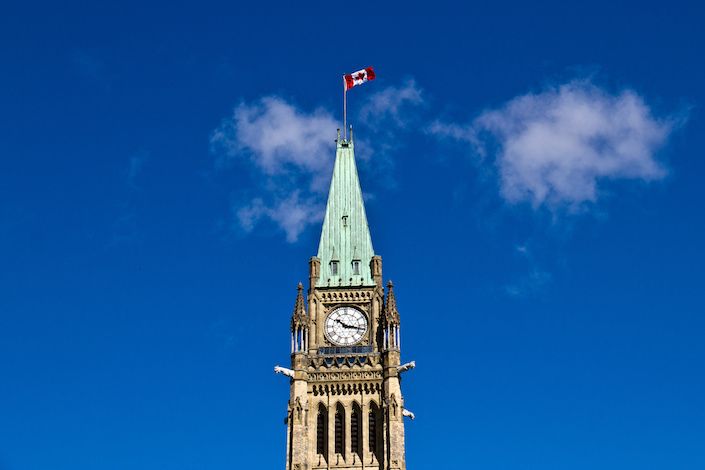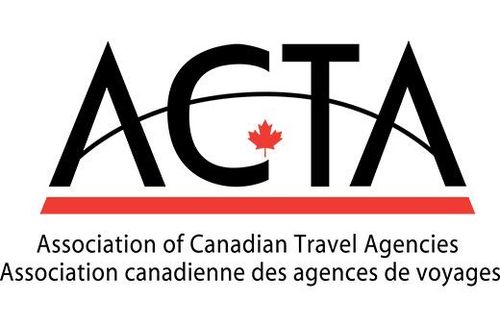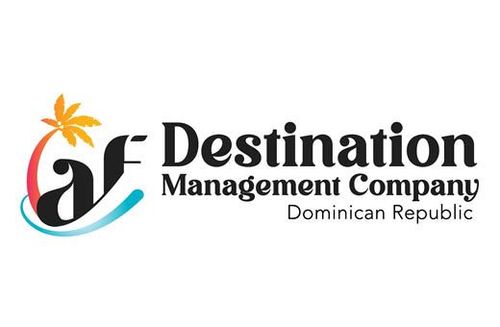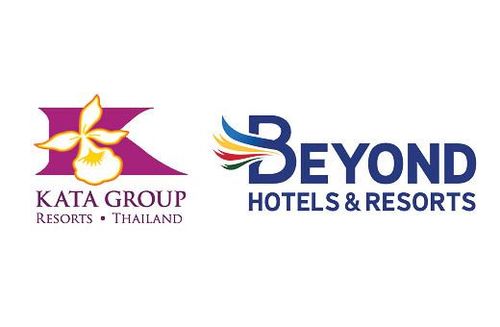Where travel agents earn, learn and save!
News / ACTA keeps focus on recovery of an industry “besieged by debt”
ACTA’s tireless advocacy work has resulted in higher wage subsidies in the federal government’s first rounds of COVID financial support and eased travel restrictions

ACTA’s tireless advocacy work over the past two extraordinarily difficult years of the pandemic has resulted in everything from higher wage subsidies in the federal government’s first rounds of COVID financial support, to the eased travel restrictions now fuelling travel’s resurgence.
And while ACTA is now transitioning its focus from the industry’s survival, to its recovery, the trade organization is well aware there’s still a long road back to solvency for many in the retail travel sector.
“Our industry is in a much better place today than it was just a few weeks ago. Our members are seeing their sales rapidly climb. Travel businesses are busy, especially for leisure travel,” says ACTA President Wendy Paradis, speaking at ACTA’s post-Budget virtual Town Hall.
“However our sector will be among the last to recover based on how and when our compensation is paid,” ie. with commissions only paid when clients depart.
The last and, as it turns out, final round of financial aid for the tourism and travel industries, the Tourism and Hospitality Recovery Program (THRP), ends May 7. While the retail travel industry, and independent travel agents especially, had been watching for new or extended support in last week’s budget, the federal government has made it clear that the days of COVID financial aid are over.

Clockwise from top left – WestJet’s Spencer Sorensen, and ACTA’s Marco Pozzobon, Avery Campbell and Wendy Paradis
As Paradis noted, the federal government “made an abrupt shift” with Budget 2022 from pandemic-related financial support, to a focus on economic growth and affordability for all Canadians.
“ACTA’s focus will now transition from survival to recovery. And we will advocate with all levels of government on lifting the remaining barriers to travel, reducing regulatory burdens, tackling the labour crisis and fostering an environment where travel agencies and independent travel agents can thrive.”
“Our Sector Is Besieged by Debt”
ACTA’s Avery Campbell, who spearheads the organization’s advocacy work with government, minced no words in looking at last week’s Budget and what it means for the retail travel sector, especially for independent agents.
“Our sector is besieged by debt, and only now starting to see recovery. There should be continued support to enable meaningful recovery, and we are deeply disappointed that the government has made the decision to cut off its support,” said Campbell. “We believe the federal government removed its financial support from independent travel agents and agencies far too early.”

ACTA – borders update

THRP ends May 7, 2022
Pandemic financial aid programs were the largest government expenditure since World War II, noted Campbell. More than $3 billion has been given to support travel and tourism businesses since the start of the pandemic. The total cost of the wage subsidy (CEWS) was more than $100 billion for all sectors, with another $74 billion for CRB.
Campbell noted ACTA’s targeted campaigns, one focused on ITAs and the other called ‘Save Travel’, in the weeks and months leading up to the budget, including video campaigns inviting agents to post videos with messages about how the pandemic and the travel restrictions have devastated their businesses, and why extended aid was so crucial.
The campaign’s videos were viewed more than 15,000 times, with 3,000 engagements.
“Everyone gave it their best effort. While we didn’t achieve our goals, everything that could be done, was,” he said.
The government’s post-pandemic tourism growth strategy focuses in part on the labour shortage, something ACTA has focused on too with its Travel Agent Essentials online training program for new travel agents. So far more than 100 people have completed the program.
Budget 2022 also included reduced tax rates for small businesses. “So there are tax savings for many, many of our members,” said Campbell.
There’s also a continued commitment to lower credit card processing fees.
Plus, in addition to the first round of eased travel restrictions that came into effect Feb. 28, and the elimination of the pre-arrival testing requirement for fully vaccinated travellers effective April 1, more restrictions are falling by the wayside, further fuelling travel’s recovery.

ACTA – TICO, OPC and Consumer Protection B.C.

ACTA – upcoming events
Starting April 25, there will be no pre-departure test requirement for unvaccinated children travelling with a vaccinated parent or guardian. Travellers will no longer need to submit a quarantine plan. And the requirement that has returning travellers wearing a mask for 14 days will also be dropped.
ACTA’s advocacy priorities going forward, in keeping with the recovery focus, are two-fold, said Campbell …
1. Proactively prevent the reintroduction of travel restrictions, should there be a new wave or variant of concern
2. Further lift all remaining travel restrictions over time
Looking at the Budget 2022 numbers, Campbell notes that there’s no budget for COVID testing for travellers for 2023 onwards (while the budget associated with COVID travel testing from 2020 – 2022 topped $1 billion). “This is a strong signal that the government does not intend to reintroduce arrival testing,” he said.
However there is $1 billion annually allocated for an international proof of vaccination travel document, through 2027. “This signals the government’s belief that vaccination will continue to be a key aspect to travel mobility worldwide.”
Q&A Session
During the Q&A portion of yesterday’s Town Hall, questions were asked about what more ACTA will be doing to help independent travel agents, the hardest-hit in the retail travel sector due to inaccessibility issues with many of the government’s financial aid programs.
ACTA’s ITARP proposal (Independent Travel Agent Relief Program) was submitted to the federal government for consideration in January 2022. It was endorsed by all major ACTA host agency presidents as well as the grassroots advocacy organizations ACITA and Canadian Travel Agents for Change.
“Independent travel agents are equally important to ACTA as our travel agency members,” said Paradis. “We will continue to advocate for ITAs into 2022, as we do for all travel agents.”
She added: “We are barely in recovery. We know the financial situation, the debt situation is still very difficult. We hope that eases in the coming weeks as the commission payments catch up with the bookings. We know it’s a struggle and we’re here to help you as much as we can.”
Paradis also spoke to questions about membership fees for ACTA members, after organizations like TICO (in Ontario) and OPC (in Quebec) waived fees during the pandemic.
“TICO and OPC are able to waive their fees because the government is giving them money to waive their fees,” said Paradis. “That’s the only way that’s possible.”
She added: “The ACTA team worked flat out seven days a week, 14 hours a day during COVID. We didn’t have a minute to rest. We’ve been asked about waiving ACTA’s fees. It’s not possible. We’re a trade association and we do not have that option. Between ACTA, the Canada Travel & Tourism Roundtable and the Coalition of Hardest Hit Businesses, we’ve had the highest advocacy costs in ACTA’s history.”
Source: Travelweek











